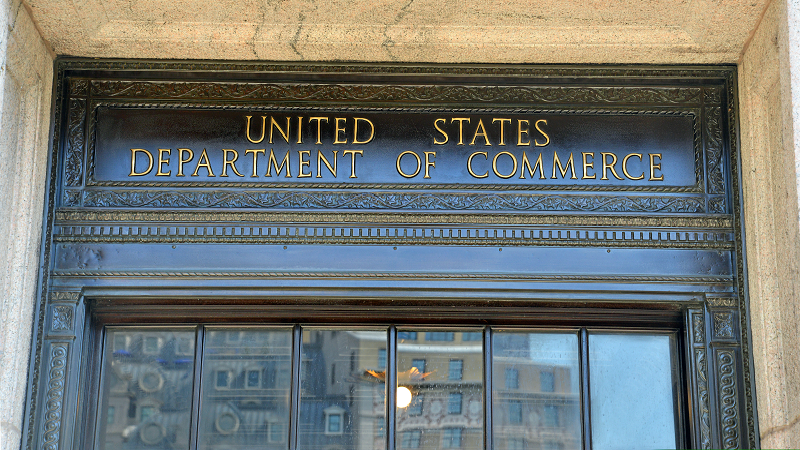
Howard Lutnick, President Donald Trump’s nominee to lead the Department of Commerce, promised to lead an agency that prioritizes domestic artificial intelligence manufacturing and reduces regulation for that manufacturing capability.
Senators on the Committee of Commerce, Science, and Transportation grilled Lutnick on a wide range of issues including AI export controls and intellectual property protections on Jan. 29.
Throughout, Lutnick emphasized an approach aimed at dramatically increasing domestic production and cutting back regulations to increase global competition in AI development.
“Let’s just unleash America for the benefit of America,” Lutnick said. “We’ve been too constrained for too long. That’s over. It needs to be about American ingenuity. If you unleash American ingenuity, the scale by which we will outrun, outpace, outperform the rest of the world will be incredible.”
“It is a broad set of regulations that are holding back America,” he said. “A lesser regulatory environment will unleash America and we will be much, much better off with less of a hand on our head holding us down and more arms carrying us up.”
Lutnick repeatedly emphasized his goal to adopt Commerce’s model on cyber regulations to the rules for AI regulation.
“It has to be an American-driven leadership in AI,” Lutnick said. “Leverage what we’re great at, and issue standards and practices like we did in cyber that will encourage [the] private sector to be the dominant winner as we are in America.”
Lutnick elaborated further on the goals he has with regulation and said he wants the United States to dominate global standards for AI production.
“I think we should try to have a light touch model in AI,” Lutnick said. “Set up standards so the world heeds our standards and goes with our standards would be very important for America and something I’m going to try to drive.”
When asked about the CHIPS and Science Act, Lutnick seemed hesitant to fully embrace the act. He appeared to have other ideas for increasing domestic semiconductor production.
“The CHIPS Act was an excellent down payment to begin that process,” Lutnick said of increased domestic semiconductor production. “We need to study it, but we need to make sure that we get the benefit of the bargain, and domestic manufacturing of semiconductors happens in America.”
Throughout his testimony, Lutnick continuously referred to his policy on tariffs, mentioning that he would use Commerce’s Bureau of Industry and Security (BIS) to leverage them against China, specifically regarding tools used in developing AI and large language models.
“If they’re going to compete with us, let them compete with us,” Lutnick said in reference to China’s DeepSeek AI model. “But stop using our tools to compete with us.”
“I’m thrilled to coordinate and empower BIS with tariffs,” he continued. “When we say no, the answer has got to be no.”
